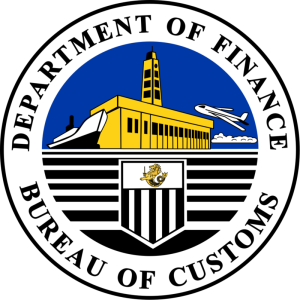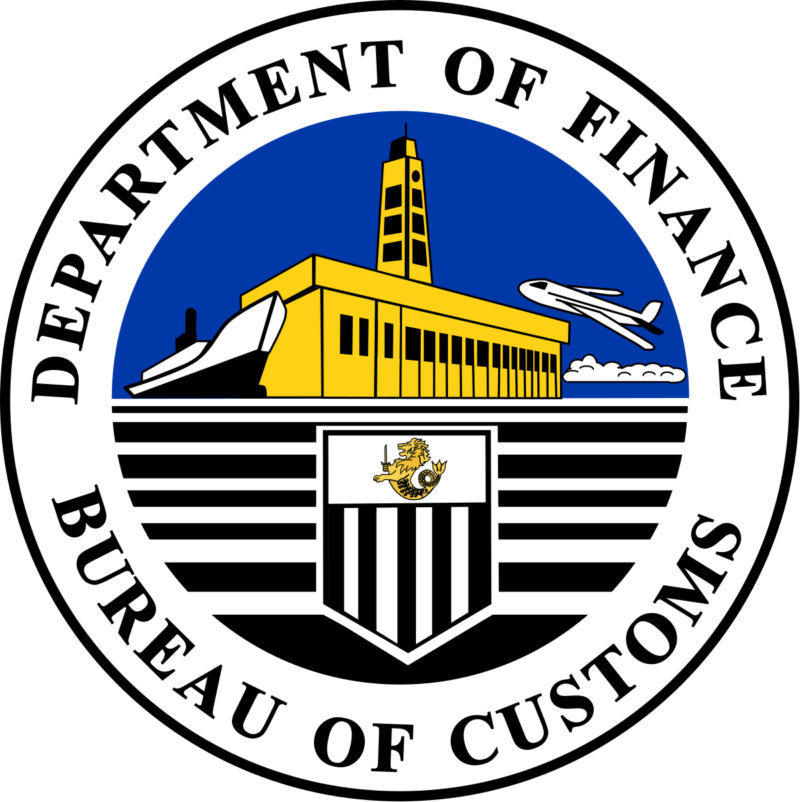 The Bureau of Customs (BOC) has issued guidelines for dispute settlement and protest concerning customs issues such as valuation and tariff classification.
The Bureau of Customs (BOC) has issued guidelines for dispute settlement and protest concerning customs issues such as valuation and tariff classification.
Customs Administrative Order No. 02-2020, published on March 5 and which takes effect on April 4, covers the right of an aggrieved importer or exporter to seek administrative remedies pertaining to dispute settlement or protest arising from customs valuation, rules of origin (ROO), tariff classification, and other customs issues.
The order implements relevant provisions of the Customs Modernization and Tariff Act (CMTA).
Under CAO 02-2020, dispute settlement covers tariff classification, customs valuation, ROO, other customs issues, or a mix of these and other customs issues.
All dispute settlements arising from issues on tariff classification, customs valuation, or ROO must not be subject of a pending application for advance ruling, or such application has not been resolved as prescribed by law.
The following disputed customs issues may be released under tentative assessment:
- Difficult or highly technical question of tariff classification
- Difficult or highly technical question relating to application of customs valuation rules
- Difficult or highly technical question relating to issues on ROO
- Mixed issues involving all above issues
The dispute settlement mechanism will not apply when the misdeclaration, misclassification or undervaluation is intentional or fraudulent, such as when a false or altered document is submitted or when false statements or information is knowingly made. In this case, Section 1400 (Misdeclaration, Misclassification, Undervaluation in Goods Declaration) of the CMTA will apply.
If the dispute settlement mechanism has commenced and fraud is discovered at any stage, this then becomes an enforcement issue. The proceedings will be terminated and a Warrant of Seizure and Detention will be issued against the shipment.
When the misdeclaration, misclassification, or undervaluation is intentional or fraudulent, such as when a false or altered document is submitted, a surcharge will be imposed equivalent to 500% of the duty and tax due, and the goods will be subject to seizure regardless of the amount of the discrepancy.
BOC may create a technical committee to provide assistance and make recommendationsto resolve dispute settlement issues.
A valid tariff classification dispute, meanwhile, exists when the importer does not agree with the tariff reclassification made by the district collector.
A tariff classification issued will be considered difficult or highly technical when the goods are classifiable under more than one Association of Southeast Asian Nations Harmonized Tariff Nomenclature (AHTN) chapter, heading or subheading; or when the product description is not specifically provided for in any AHTN heading or subheading.
If the dispute does not involve difficult or highly technical questions on tariff classification and the district collector adopts the findings of the customs officer, the aggrieved importer must be notified of the ruling and its reasons, with a directive to pay the duties and taxes in full based on the reclassification made by the customs officer.
A dispute settlement for customs valuation, on the other hand, may arise when the importer does not agree with the valuation made by the customs officer who challenged the declaration made by the importer as to the dutiable value of the goods.
Procedures for dispute settlement differ depending on whether or not there are difficult or highly technical questions relating to the application of customs valuation rules.
Dispute settlement for ROO, meanwhile, may arise when an importer does not agree with the findings of a customs officer on the authenticity of the document or the accuracy of information regarding the true origin of the product or certain parts of it in the goods declaration.
Dispute settlement for other customs issues is when the importer does not agree with the customs office’s challenging the declaration made by the importer on other customs issues.
When the dispute involves mixed issues, the district collect should resolve such issues simultaneously in accordance with procedures under CAO 02-2020.
The aggrieved importer or exporter or any stakeholder directly affected by the adverse ruling of the district collector in all protestable cases arising from tariff classification, valuation, ROO, or other customs issues may appeal by way of protest in writing to the Customs commissioner within 15 days from receipt of the adverse ruling of the district collector or, when payment is made as a result of the adverse ruling, within 15 days from such payment.
Otherwise, the action of the district collector will be final and conclusive.
When a protest is filed properly, the Customs commissioner should render a ruling within 30 days from receipt of the protest. Otherwise, the ruling of the collector will be deemed affirmed if the Customs commissioner fails to act on it.
The importer aggrieved by the ruling of the Commissioner, other than a ruling on tariff classification, may file,within 15 calendar days from receipt of the ruling, a Motion for Reconsideration with the commissioner.
Unless an appeal is made to the Court of Tax Appeals, the ruling of the commissioner will be final and executory.
All protest cases filed prior to the effectivity of CAO 02-2020 will be resolved in accordance with applicable provisions of the Tariff and Customs Code of the Philippines, as amended. – Roumina Pablo





